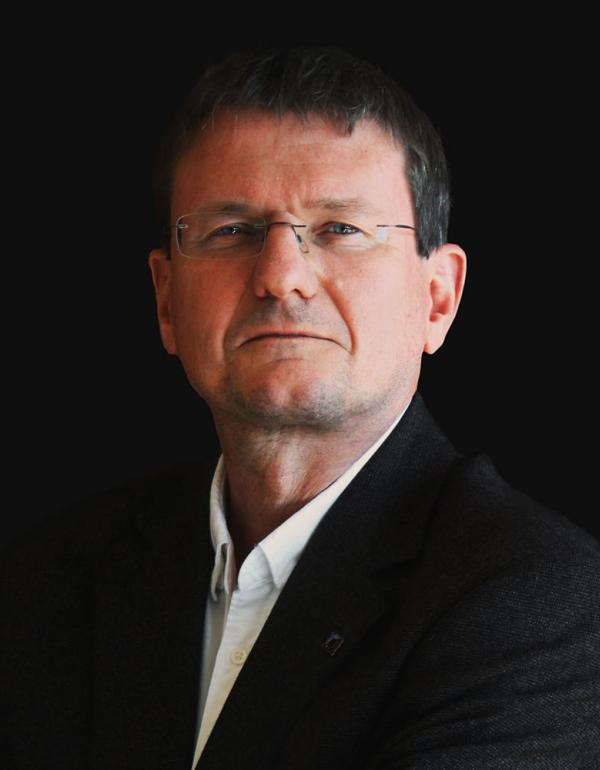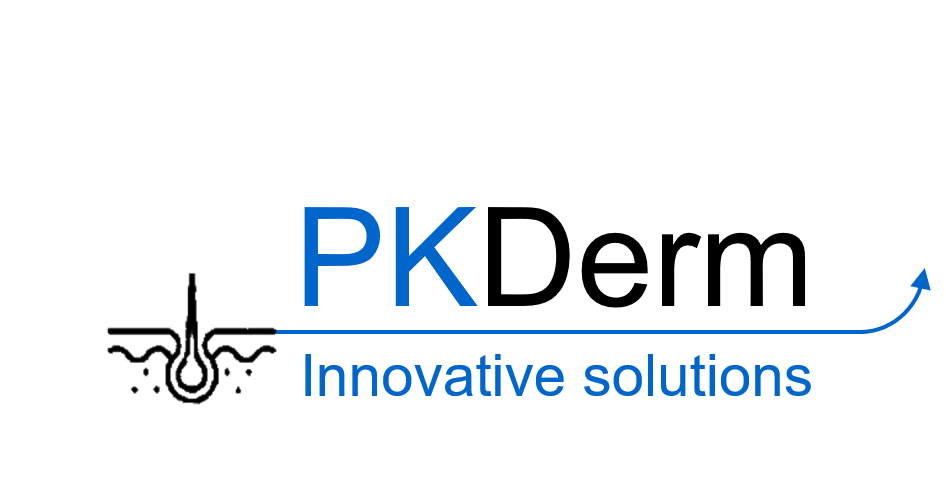
Clemens Wittwehr leads the project “Protection of Animals Used for Scientific Purposes” in the Chemical Safety and Alternative Methods Unit of the European Commission's Joint Research Centre (JRC). Protection of animals used for scientific purposes is an important and highly visible goal of EU policy, also made explicit by Directive 2010/63/EU, which is one of the most stringent animal welfare standards worldwide. One of the best ways to promote the acceptance of non-animal methods not only in regulatory affairs, but also in biomedical research is better mechanistic understanding expressed in Adverse Outcome Pathways. Clemens is the leader of the AOP Knowledge Base development group at OECD and has recently managed a study to assess the AOP Framework’s fitness to lead to better regulatory decisions. Clemens is also responsible for the development and promotion of a specific OECD Harmonised Template (OHT 201), which can now be used to report mechanistic information (mostly derived from non-animal methods) in regulatory dossiers, e.g. under REACH.
Earlier in his JRC career, Clemens was manager of the IUCLID project, which delivered the standard software now used by chemical industry to submit their registration dossiers under REACH, the EU chemicals legislation. The OHT 201 template is now available in IUCLID.
A closer look at the AOP framework: Review, steps forward and new chances
OpenTox Euro Conference 2020 Session 12
Regulatory Toxicology encompasses the collection, processing and evaluation of epidemiological as well as experimental toxicology data to permit toxicologically based decisions directed towards the protection of health against harmful effects of chemical substances. In regulatory toxicology, an Adverse Outcome Pathway (AOP) is a conceptual construct that portrays existing knowledge concerning the linkage between a direct molecular initiating event and an adverse outcome at a biological level of organization relevant to risk assessment. Efforts are underway to transform regulatory toxicology and chemical safety assessment from a largely empirical science based on direct observation of apical toxicity outcomes in whole organism toxicity tests to a predictive one in which outcomes and risk are inferred from accumulated mechanistic understanding. The AOP Framework provides a systematic approach for organizing knowledge that may support such inference.
The AOP Framework was introduced in 2010, and it is time to take stock of what was achieved and what needs to be done next: This session will feature two talks and two posters covering exactly that:
- The European Commission, in collaboration with the OECD, has commissioned a study to retrospectively and prospectively analyse the AOP Framework's past, present and future in terms of its suitability to achieve the ultimate goal of better regulatory decisions. The study also delivered actionable recommendations and suggestions to increase the uptake of the AOP Framework in the relevant stakeholder communities. The study author Annamaria Carusi (Stonehaven Consulting) will give a presentation about her findings.
- Based on the study recommendations, the AOP Knowledge Base will undergo significant changes. Before a complete overhaul, quick wins are already being implemented in the current version. A poster presentation by Travis Karschnik (US-EPA) will show these changes.
- AOPs can be useful far beyond the toxicology domain. Stressors triggering a Molecular Initiating Event are not only chemicals, but also nanomaterials, radiation – and viruses. The European Commission has therefore started the CIAO project, which stands for “Modelling the pathogenesis of COVID-19 using the AOP Framework”. CIAO aims at compiling AOPs and an AOP network describing the COVID-19 disease, which can act as an interdisciplinary entry point for scientists to get a quick overview of the current status of COVID-19 knowledge. Penny Nymark (Karolinska Institute) will present the project.


